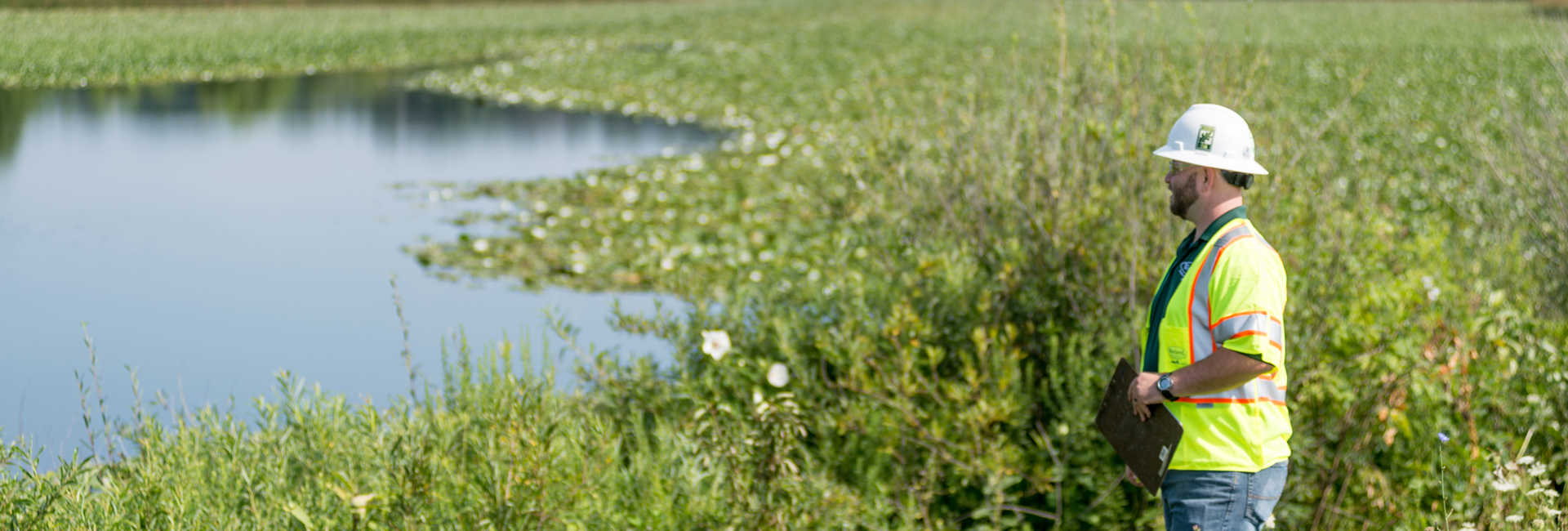Water resources, such as stormwater systems, streams, and wetlands, are important features in public areas and provide a vital life source for the surrounding wildlife. Irrigation systems installed in municipal parks and other public areas serve similar functions. Still, they are often not upgraded after being installed, causing them to consume a lot of water or water trees and shrubs incorrectly. New technology, such as smart controllers, can help a large property manager tailor watering schedules based on soil conditions, weather, and other factors to reduce water use while maintaining healthy trees and plants.
While these new technologies are helpful, smart irrigation technology is only as good as the in-ground irrigation system it controls. Water management plans can help boost an irrigation system’s performance and help an existing irrigation system become a prime candidate for implementing smart irrigation technology.
Creating Water Wise Irrigation Systems
To make sure your irrigation system is up to par, there are a few steps you can take:

- Assess — Have a water management professional assess your property’s irrigation system, including the pumping station, aquatic features, central controls, and infrastructure, as well as your plants, soil moisture levels, and root development, through a water management assessment.
- Identify – Once the assessment is complete, water management experts can identify your landscape’s needs and the factors affecting your irrigation system’s function, regulatory compliance, or elevated water costs.
- Implement – Installing smart features like soil moisture sensors and intelligent control systems can stop you from over- or under-watering your landscape, reducing water waste, and increasing landscape sustainability.
- Maintain – Continued maintenance and monitoring of your irrigation system helps to detect any issues early on, minimizing costly repairs.
Properly maintained and managed irrigation systems, paired with smart technology, will help reduce water consumption while making your landscape thrive.
Municipalities are reaping the benefits of smart control systems and upgrades to their existing irrigation systems to ensure regulatory compliance, enhance operational efficiency, promote landscape sustainability, and reduce water costs. In dry climates or regions prone to drought, a well-maintained smart irrigation system is a crucial tool for ensuring sustainable plant health and preventing water overconsumption. Government rebates at the federal, state, and local levels are often available to help implement smart control systems within budget.
Knowledge Is Power
Water management professionals with expertise in all aspects of irrigation and the latest technologies can help decode the complexities of irrigation management and care. The Davey Institute’s water management team has decades of experience under their belts.
Davey helps clients assess their irrigation systems, install smart irrigation technologies on their properties, and navigate government rebates and regulations. Learn more about our water management services here.
Article Contributors:
Paul Kovacik, Managing Consultant, Davey Institute



